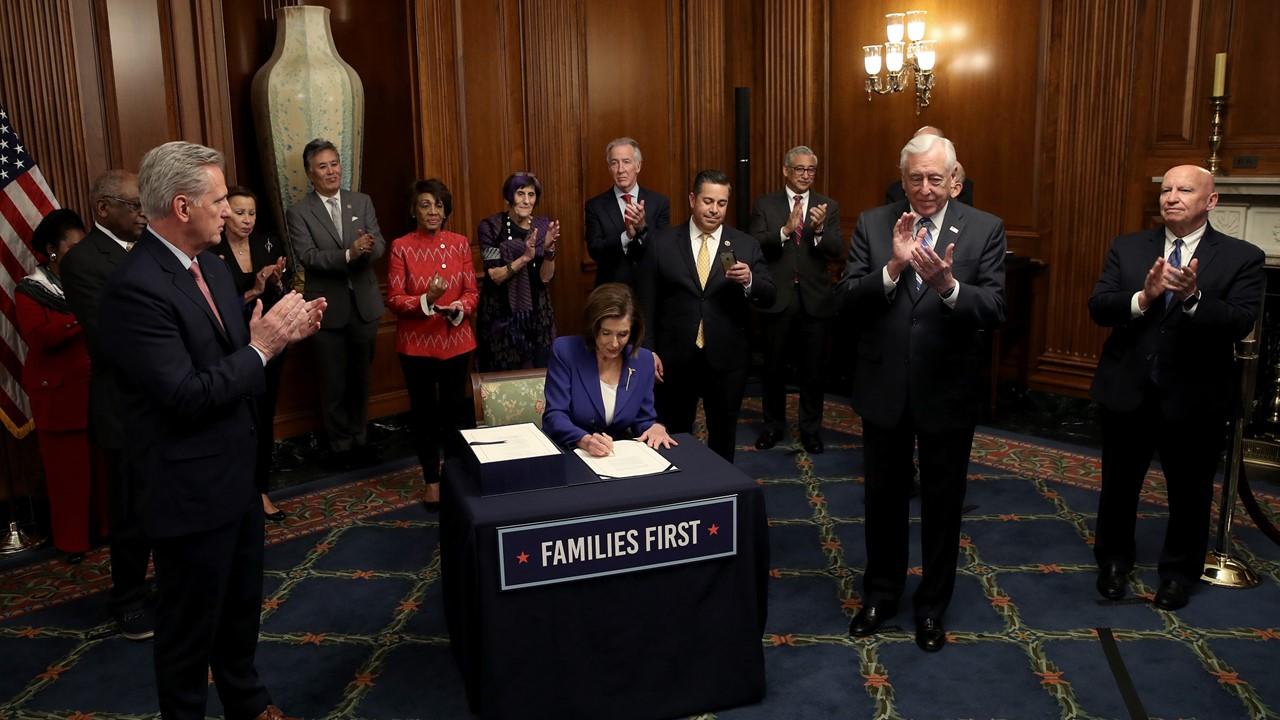Companies Can Claim Employee Retention Tax Credit Until the End of 2022
Although the Employee Retention Credit period has passed, businesses may be able to apply for the ERC retroactively for the affected quarters.
Sept. 12 2022, Published 3:08 p.m. ET

The U.S. is slowly unwinding policies intended to provide financial relief to those impacted by the coronavirus pandemic. When Congress first passed the Coronavirus Aid, Relief, and Economic Security Act (CARES Act) in March 2020, it offered assistance like the Employee Retention Credit (ERC). Has the deadline for the Employee Retention Credit passed?
The ERC was part of the initial government assistance approved by the Trump administration in the early days of the pandemic. This tax relief was an incentive for employers to keep people on the payroll as unemployment shot up around the nation. Although the program has officially ended, employers can still file claims through 2022.
The Employee Retention Credit is a tax credit for businesses.
Employers can claim this tax credit equal to 50 percent of qualifying wages up to a maximum dollar amount. That maximum wage amount has changed since the program began, with an initial cap of $10,000 in wages.

From March 12, 2020, until before January 1, 2021, the maximum was $10,000 in wages per employee per year ($5,000 as a tax credit for the employer). Changes came about so that the amount for wages paid between January and June 2021 was $10,000 per quarter with a 70 percent tax credit.
Employers were able to apply for PPP loans and the ERC.
Eligible employers had the option of applying for not only a Paycheck Protection Plan (PPP) Loan, but also the ERC. However, the wages paid with PPP loans can’t be used to calculate the Employee Retention tax credit (in other words, no double-dipping on benefits for those wages).

Senator Maggie Hassan has supported the ERTC and prompt processing of those payments to small businesses.
The deadline to apply for the ERC depends on when you filed taxes.
Employers who want to apply for the ERC can only do so retroactively now, since the program was sunset on September 30, 2021. Your business must have met qualifications for the ERC during 2020 or 2021 for you to file an amended Form 941X to claim this tax credit retroactively.
For most employers, the deadline will be either three years after the date of filing the original tax return for the period in question, or two years from the date you paid taxes for that period.
For most businesses, September 30, 2021, is the final date for which employee wages can be applied to the Employee Retention Credit.
The only businesses exempt from that date are those categorized as “recovery startup businesses”. Those companies can use the ERC for wages paid during the fourth quarter of 2021 as well, thanks to the amendment made in the Infrastructure and Jobs Act enacted on November 15, 2021.
The American Rescue Plan Act defines a recovery startup business as follows:
The business began on or after February 15, 2020.
The company has $1 million or less in average gross receipts.
The business must employ at least one person who isn't an owner or family member.
The ERC is a tax credit that lowers the tax liability of a business, not a loan like the PPP loan. Employers also had to experience a certain level of decreased business during the pandemic to qualify.
